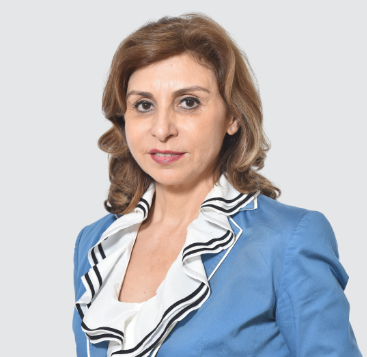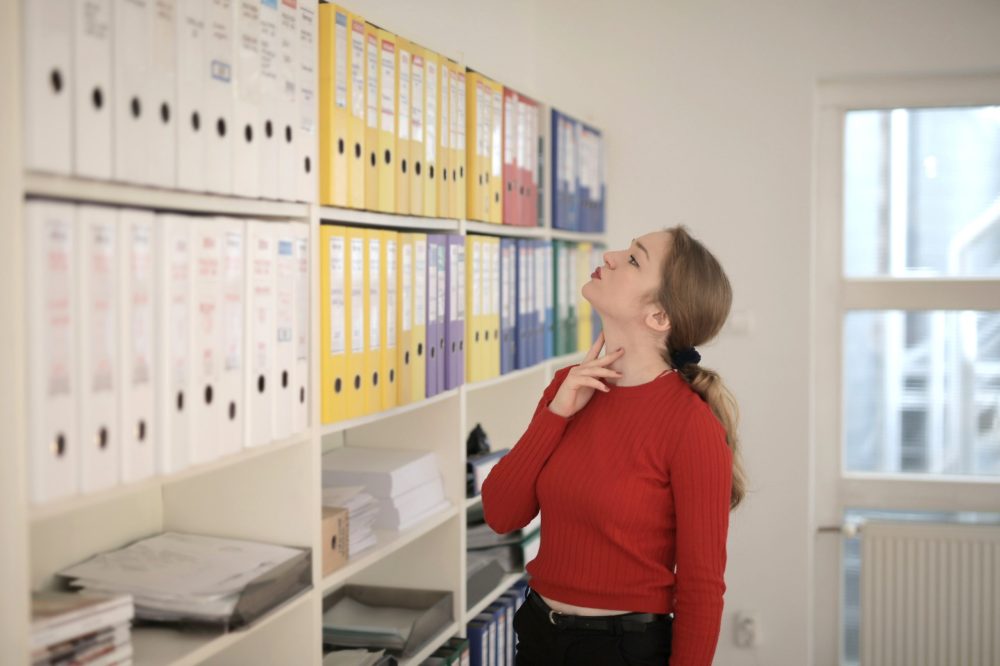Accounting people and technology
Everyone is talking about the digital revolution, a growing phenomenon that brings uncertainty to the future of many fields and professions. What will the accounting people and technology be in the future?
The changes that this revolution brings will lead to the disappearance of some jobs and the emergence of others, will professionally marginalize those who do not want to change in order to propel those who learn new skills.
Technological innovations
No field will be left untouched, and accounting and auditing are no exception. Currently we can observe three technological innovations that produce change in practices, methods and procedures. These innovations can remarkably modernize and improve the field of accounting and auditing are as follows:
Extensible business reporting language
eXtensible Business Language Reporting is a global standard for business information exchange that is freely available to everyone. In the past financial reports could only be read by humans, but in the future they will be readable by both humans and computers.
Systems based on RPA and Artificial Intelligence
Robotic Process Automation (RPA) automates structured data and rule-driven tasks, but it still cannot adjust to dynamic changes or make complex decisions. However, accounting and RPA companies have been collaborating more and more intensively for more than 10 years, and the potential is huge.
On the other hand, research in the field of artificial intelligence (AI) is advancing and very soon, by increasing the computing capacity and productivity of applications, this technology will reduce the costs and time allocated by accountants and auditors to tasks that can be taken over by AI.
Decentralized balance sheets based on Blockchain
Blockchain is a decentralized system where records are linked together in blocks and then added to the chain one by one. No transaction costs occur when Blockchain is used, as no intermediaries are required. That’s why this is an easy way to pass information from one person to another in a completely automatic way.
The blockchain is hosted by millions of computers at the same time, so the data is open to anyone on the Internet. Although in its infancy, Blockchain is changing the world of accounting and auditing. Companies are already testing the new technology. New opportunities and challenges for accounting and auditing professionals will emerge thanks to Blockchain.
Assumptions and Realities
The assumption that humans will be replaced by computers in the labor market is a prejudice. Man versus technology is a reductionist approach. It is more constructive to see the relationship as a collaboration between people and technology. Even though technology will replace some jobs and functions, the true power of technology lies in augmenting and complementing human capabilities. For example, many leading firms are exploiting the potential of artificial intelligence in their businesses and have begun to realize that teams where humans collaborate with robots are the future.
FinTech and RegTech
In addition to the three technological innovations mentioned here, we see the expansion of some industries that are already impacting the field of accounting and auditing. FinTech (Financial Technology) and RegTech (Regulation Technology) are two such industries. Prima uses modern technology to provide financial services, competes with banks and offers digital solutions without intermediaries. The second looks at legislative challenges and addresses them by simplifying the regulatory requirements of the financial industry.
In conclusion
The future jobs of accountants and auditors will be based on the use of sophisticated computer systems and artificial intelligence. A central place will be given to applications that will deal with the management of data security, connecting different parts of the financial technology and regulatory field that are or will become part of these professions.

Florentina Șușnea este Managing Partner în cadrul companiei PKF Finconta. Experiența ei profesională de peste 26 de ani cuprinde domeniile de audit statutar și IFRS, consultanță fiscală, probleme de rezidență fiscală, restructurare financiară și fiscală, documentație și politici de Transfer Pricing, fuziuni și divizări, M&A, expertize judiciare, contabile și fiscale, due diligence de achiziții. Florentina este membru acreditat al următoarelor organizații profesionale: Camera Consultantilor Fiscali, Camera Auditorilor Financiari din România, Camera Expertilor și Contabililor Autorizați din România si Association of Certified Anti-Money Laundering Specialists. A absolvit Facultatea Finanțe-Contabilitate din cadrul Academiei de Studii Economice, București, Facultatea de Drept din cadrul Universității ”Titu Maiorescu”, programul MBA de la Tiffin University din SUA, este doctor în economie și a urmat numeroase cursuri naționale și internaționale în domeniul fiscal. florentina.susnea@pkffinconta.ro













